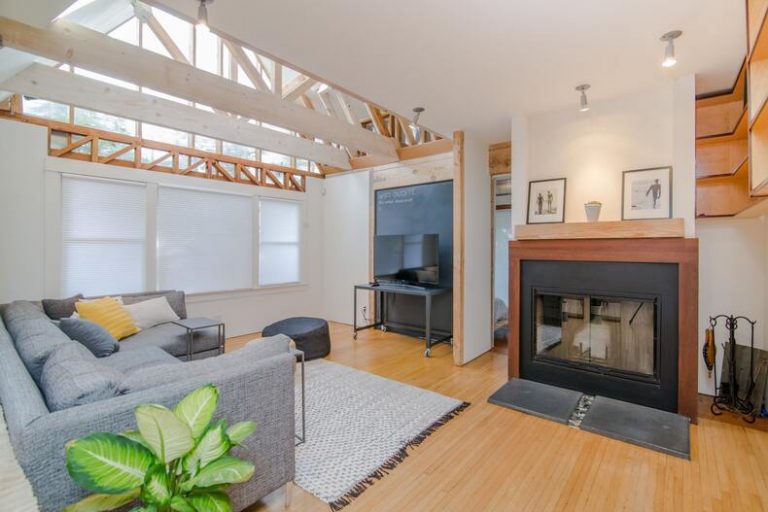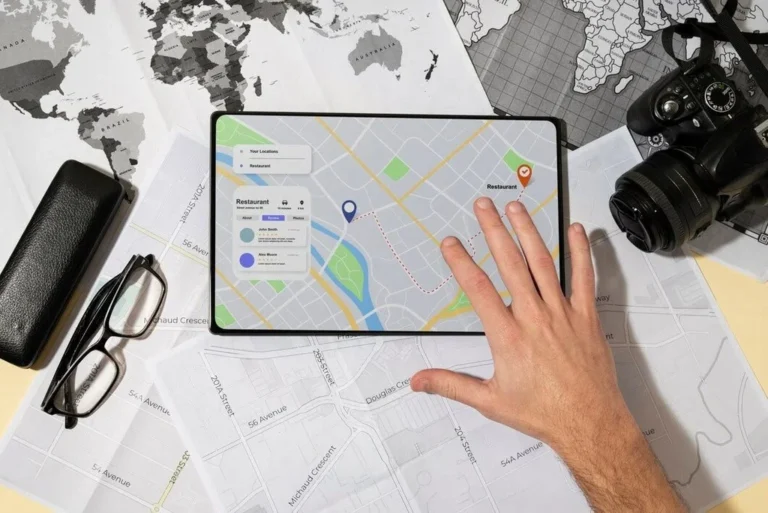How Renewable Energy Affects Electricity Prices
In a world where there is so much focus on creating more renewable energy, electricity prices have been steadily rising? Why is this happening exactly? Let’s go into further detail as to how renewable energy affects electricity prices.
Why Is The Price Rising?
While wind turbines and other forms of renewable energy have been a focus worldwide for the past decade or so, the stark reality is that the demand for electricity is outpacing the rate at which we install new renewable energy resources. Over the years, renewable energy producers have been upgraded with larger capacity factors to produce more energy, but it just still isn’t fast enough. to keep up with demand.
The main reason for electricity price increases has to do with three main factors. The factors include:
- Electricity trading cost
- Electricity network fee
- Taxes and fees
When it comes to the electricity trading cost, you have to pay for the power that you use. This price is typically determined by the Nord Pool power exchange and supply and demand directly cause this price to go up or down. Not only does supply and demand affect your pricing, but other things such as weather and climate change are also contributing factors.
The network fee is affected by the availability of power on the grid network. These fees cover the travel of electricity to your home, and when the grid needs to be updated, it can result in higher electricity prices to help finance the upgrades.
Since 2011, the electricity tax has risen quite a bit. Since Europe pays for CO2 emissions, and since there are still many coal-fired electricity plants in Europe, it causes everyone’s taxes on electricity to go up until these coal-fired plants are replaced with more sustainable and cleaner forms of power production.
How to Reduce Prices
Since the average consumer can’t do much to change the price of electricity on the grid, there are a few things you can do when it comes to reducing your individual electricity consumption. One of the best ways to offset and use less electricity from the grid is by installing solar cells, or solar panels on your roof.
Solar panels produce power. This power can be used instead of the power from the grid, thus lowering your grid power consumption and lowering your power bill with the local power company. Solar cells make their own electricity, so this electricity can be used in real-time with your home appliances, or you can look into battery solutions to store this power for later use.
Many people wonder if solar panels are a good investment. Solar panels are a great investment if you are planning on living in your home long-term as over time, the savings that you gain from having solar panels will eventually pay for the cost of buying them and setting them up. Another unique thing about having solar panels is that you can sell the electricity that you create back to the grid for your neighbors to use. This allows you to make money, even with the inevitable rise in electricity prices.
Cost-Effective
Many local governments offer tax incentives for installing renewable energy appliances and producers such as solar panels. Oftentimes these tax credits can severely lessen the cost of getting solar panels installed, which makes them that more attractive to install. With the cost being offset by incentives, the time to have them make enough money to pay for themselves is lessened, thus making it an even better investment in the short term.
As you can see, electricity prices won’t ever go down until we can produce enough renewable energy to outpace demand. This may never happen in your lifetime, so instead of waiting around for the world to change, you can instead change your own electricity consumption by installing high-quality solar panels on your roof. Whether or not you have tax incentives to take advantage of, solar panels will eventually pay for themselves in the savings that you can achieve from reducing your grid power consumption, as well as being able to sell produced electricity back to the grid. Solar panels are a very savvy investment for people who want to be climate-conscious but who also want to lower their monthly bills.
Also Read: Cucirca







